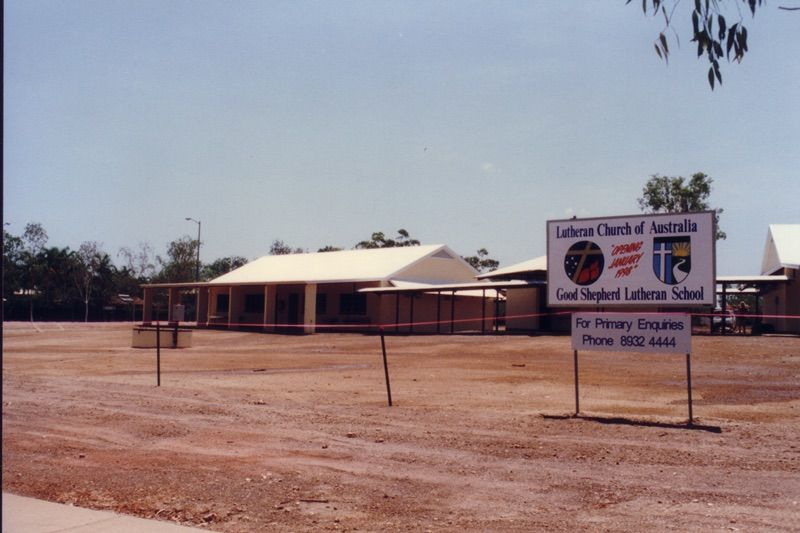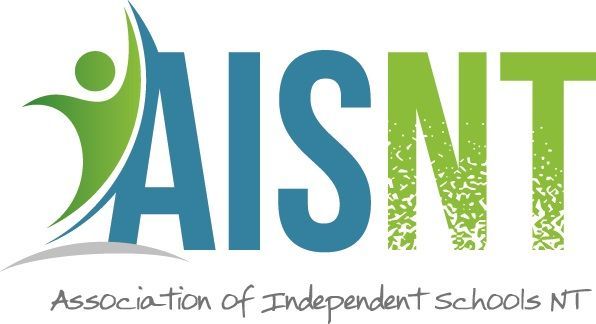Before It All Starts
The start of the new school year is a busy time. I was casting my mind back, thinking of what may be helpful to Principals at this time. The start is a time of great excitement and activity as new staff, and new students gear up for the journey ahead. Learning names, hearing stories, sorting things out and for some, dealing with the uncertainty of enrolments in their school. Anxiety is very present when considering whether those enrolled will actually turn up, and if they don’t, what will be the effect on the budget. Perhaps a Principal will feel the intense hope that there may be some late enrolments.
I don’t think I ever knew the real enrolment until about week 3. Staffing may provide plenty of stress when there is not a full compliment of staff. In this situation a Principal must think creatively and work out how to cope with a successful start of the year. At the same time further work must be undertaken to recruit. Often, as a result, some staff have to do extra.
As Principal there is the prospect of needing to do more teaching than is comfortable. However the normal work of a Principal still has to be done. I think over the years I ended up teaching most things except maybe Physics and Japanese.
There were also staff members who were prepared to take on extra and I would pay them for this. However, keeping an eye on how they were going was crucial as they would usually tire as the term wandered on. Their wellbeing would then become an important consideration. The atmosphere of the school is so critical. Central to this are staff and students feeling safe and positive. Your worries as Principal, trying to solve various difficulties, must not affect this atmosphere.
Plenty of positivity is essential. Assemblies and staff meetings must be positive occasions and not drift into “whinge sessions”. It doesn’t take long before staff and students tune out when this is happening. It is wise to handle the delivery of bad news in another way, so that a good, positive assembly is not wrecked by making complaints the centre piece. Assemblies should be for good news, information and celebration. Staff meetings should be constructive and be seen by staff as worthwhile.
Sometimes Principals’ can forget that when the staff lose interest they actually tune out making the delivery of important material impossible. A big “no no” is delivering a criticism to all the staff when in actual fact the issue at hand only affects one person or a small group. They should be dealt with separately. The same concern relates to students who resent being given a negative message when it doesn’t concern them. Procrastination is something to also be wary of as it can cause all sorts of dramas. Right from the start of the year a Principal has to move into “Don’t Procrastinate Mode”. If something can’t be dealt with because there is no time, it must delegated and followed up with the delegatee quickly.
The pressure I know is really on in schools which have one teacher or a small staff. I think Procrastination is one of the greatest causes of trouble and strangely of pressure. A job moved onto next week’s list will only have to line up with a new list of urgent problems. There is no such thing as a day when nothing is on the list.
The killer for me was to have a Board meeting near the start of the year. I would have lunch with my Chair every Monday and was therefore connecting with the Board. However if a Board meeting has to be had, it has to be had! This highlights type of information the Board really needs for the meeting. Discussing this with the Chair is really worthwhile. The Board may be happy with some well crafted notes set under agreed topics rather than a wordy tome which will take a Principal hours to craft and take the Board maybe more time than is necessary to read.
Lists were part of my method of survival. Working as a Principal relying entirely on memory didn’t work for me. The list was the guiding light and at the start of each day, redrawn with incompleted tasks as part of it. The list had also to be strategic with less important tasks placed lower down, but importantly not forgotten. If possible these would be delegated with a note to follow up with the delegatee.
Speaking to every staff member is essential. It may be initially in the yard as “Mary how are you settling in?” or “Bill how are the year 3s going?” Acknowledging the staff is so important but Principals can find this difficult if they don’t tackle it in a systematic way. Having a list of staff and ticking off who you have spoken to is valuable. In a small school this is not a problem.
It is also good to be a “Highway Principal” who never passes a staff member without a greeting which mostly is maybe a “Hi” on the move. I distinctly remember a Principal who would be friendly, then next time would walk right past, ignoring me. The first thought flashing into my mind would be “what have I done wrong”. It would be nothing but would be the first step towards me not feeling safe, a situation a Principal must avoid at all costs. A Principal can adopt the same strategy with students - never pass them without acknowledging them. It is a small thing for the Principal but a big thing for them.
A really powerful tool of acknowledgement is a note - only needs to be really short and maybe as simple as “Jane thanks. I appreciate all your good thinking and hard work” (Signed). This can be handwritten on a personal card though I think an email or text is fine in this busy life. The most important thing is that Jane is acknowledged. Many of these thoughts you may already know, which is great. However, if these words have been helpful that is good and importantly if they have sparked other thoughts that is indeed wonderful.
As I have said before, being a Principal is one of the world’s most complicated jobs but it is one that has a major effect on the lives of staff, students and parents. I guess a final word is don’t forget the non-teaching staff. They are part of the team and need to feel as such.
Written by Chris Tudor



